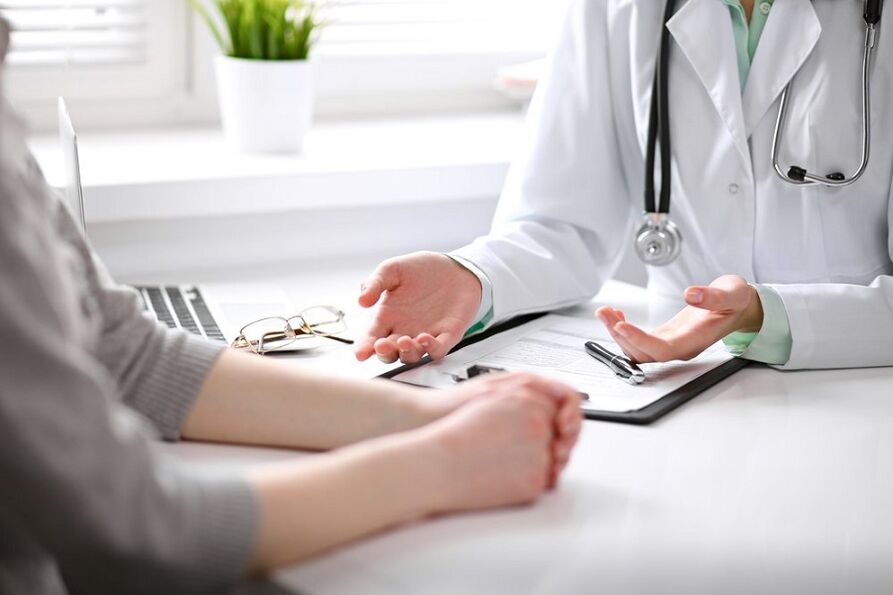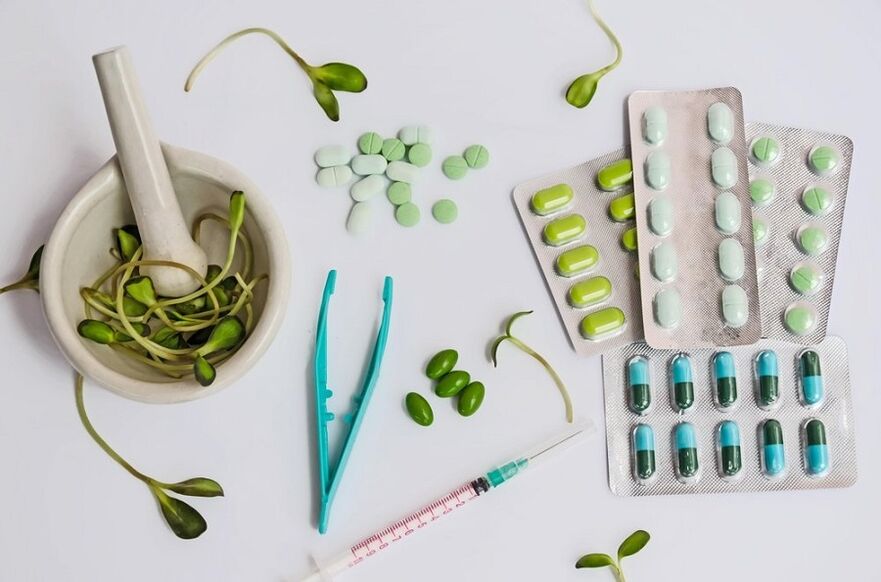The presence of parasites in the body leads to serious health consequences. These include the development of allergies, general exhaustion and reduced immune defenses, anemia and anemia, as well as nervous system disorders, nervous disorders, insomnia and poor appetite. Proper treatment against parasites, their larvae and eggs, as well as the use of drugs that will restore the disturbed metabolism due to the presence of uninvited guests in the body, cancan eliminate all these manifestations.
Removal of parasites: general principles

First of all, treatment is aimed at completely eliminating the body of the worms and their larvae. If at least one parasite remains in the body, it can lead to re-infection. Here it is impossible to lack medicine alone, and this is due to the fact that many parasites are transmitted through dirty hands. In this regard, even if the patient has taken an antiparasitic drug, but at the same time ignores the rules of personal hygiene and is constantly in contact with a source of parasites (human or animal), the possibility ofrapid reinfection is very high.
Therefore, the treatment of parasites includes two mandatory components:
- The use of parasite remedies to remove them from the body.
- Prevention of reinfection (personal hygiene, disinfection of homes, personal items and surfaces, treatment of all family members, pets).
In addition, additional treatment is often required for disorders caused by the parasite's presence in the body.
Treatment against parasites

The basis of therapy against parasites that have been found in the body is the use of antiparasitic drugs. These drugs can affect both adults and their eggs and larvae. The choice of drugs against parasites should be resolved individually by the doctor after receiving the results of all necessary tests and assessing the general condition of the patient. Self-administration of parasitic remedies for the treatment and prevention of worms is prohibited, and this is due to a number of factors. First, all drugs against parasites belong to a special class of chemotherapeutic agents, which have a strong toxic effect on living organisms. And the human body is no exception in this regard. The wrong dose or choice of medication can harm the liver or kidneys, while not harming helminths at all.
Second, the doctor calculates the dosage based on age and weight, using anti-parasitic drugs in a short course and the maximum allowable and safe dosage.
Third, according to the results of the analysis, a selected parasite remedy will be effective in this particular case, since different types of worms (as well as their larvae and eggs) die fromdifferent drugs.
Remedies for parasites: classification of drugs

Drugs that affect parasites and their larval form, eggs, are divided, depending on the effect on certain groups of worms, into several classes.
The first group is antiparasitic drugs affecting a class of roundworms. They are divided into two subclasses:
- The drug is active against intestinal nematodes.
- The drug acts on gastrointestinal roundworms.
The second group includes drugs that have an adverse effect on the class of parasites. They are also divided into two subgroups:
- The drug acts on intestinal parasites.
- The drug leads to the destruction of the bacteria outside the intestinal lumen.
The third group includes all antiparasitic drugs that act on flukes. They are also divided into subcategories:
- The drug acts on intestinal parasites.
- The drug leads to the destruction of bacteria outside the intestinal lumen.
A special place is occupied by drugs from the fourth group, which belong to a wide range of activities. This means that such a parasitic remedy would be effective against most known helminths.
Complementary therapy: treat allergies, improve health

In addition to antiparasitic treatment, drugs are often used to improve the patient's condition, normalize well-being and have a general strengthening effect. In addition, because the body is strongly allergic when infected with parasites, allergy treatment with specific agents is also indicated. Allergies occur in response to the invasion and reproduction of parasites, foreign to the body, it can be aggravated during the period of mass death of the parasite. Therefore, antihistamines are sometimes prescribed to prevent allergic exacerbations on the basis of the treatment of helminthiasis.
To reduce intoxication, to remove waste products and antigens of the parasite, especially if there are obvious allergic manifestations, during the use of dewormers, it is indicated to take simultaneously antihistamines and sorbents. Furthermore, sorbing and antiallergic therapy started about three days before the main drug and continued for at least 5 days afterward.
Usually, helminthic infections lead to disruption of the intestinal microflora, so it is advisable to actively use fermented dairy products, plant foods and a course of probiotics to restore the microflora. normal. During treatment, it is necessary to exclude heavy, unpleasant foods, concentrated foods and excess protein from the diet. The most useful will be soups and light vegetable stews, cereals and dairy products. It is important to consume plenty of fluids to actively remove toxins from the body.



































